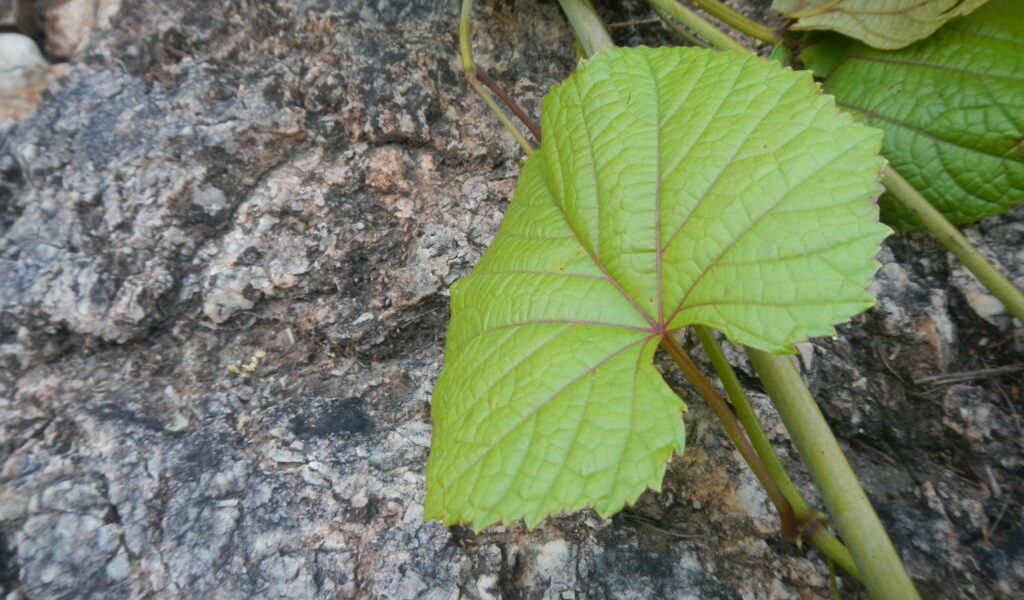
It is of wonder over this saying as to how we can equate just being clean as equal to being Godly. People’s mind justified this by the explanation that anything that is Divine, Pure needs to be around a clean environment. Hence, when we go to temple or sit in our own home to pray, we take a bath, clean up the place of worship and sit to pray in a pristine pure clean environment. But then the same mind argued that then how come our temples are so dirty? Why do we have filth, dead flowers, slimy oil and food strewn around most of our temples? Why is the God of the temple bathed twice a day, ornamented with beautiful clothes and jewellery and adorn with beautiful flowers and sweet smelling incense while even the food cooked for Him is cooked in an unhygienic and dirty kitchen and the immediate surroundings so filthy? It is all about faith alone or our own Indian sense of lack of environmental hygiene?
Our body is the temple and our soul /consciousness is the divine touch of God. When we start believing that God resides in every creature on earth, we accept that God reside within us too. So this consciousness is as pure and sacred as we believe God is. But can we allow this purity to reside in scum and filth within? The only way to make our inner environment clean is clearing up all the negativities within. Get rid of lust, pride, jealousy, anger, avarice, etc that fills our mind with dirt. Remove the thoughts from these negativities and bring positivity in our life. Clean the subconscious of these thoughts so that the Godhead within shines. Clear the dirt from our ever expanding kitbag Mind so that we can hear the clear Inner voice guiding us towards achieving our own salvation. Just cleaning the outside transient physical body is not enough; we need to also cleanse the inner environment to feel the Godliness within. We have to rise above the literal meaning of cleanliness and know the subtle nuances that this idiom is trying to say. Isn’t it ironic that we as Indians religiously take a bath twice a day, keep our home spick and span and yet neglect to clean the inner home where our God resides?Pooja (Prayer) should be plastic free. Make the dining area of temple- usually the highest generator of plastic waste. It resonates with the principles of valuing nature as we celebrate the god or goddess. The amount of non-biodegradable waste generated from urban celebrations has been rising year after year. One of the biggest steps towards this has been to switch from plastic and thermocol cutlery for the bhog (lunch) and polythene covers for food parcels, to palm leaves and sugarcane fiber plates, and cloth bags that can hold up to three parcels.
The system of Gurudwara lungar is best. Use of metal plates and then washing by the person him/herself who eats in it, is appplausible. Further, making of pattal dona/ leaf plates will give some people income generating opportunity. Cleanliness in Jain temples, Gurudwaras, Swami Narayan temples is appreciable and the peace we get there is remarkable.
One of the main sources of celebratory waste during the season comes in the form of decorations such as plastic streamers, balloons and sparkling paper. The area around the pandal where deithy stands should be created of cane, wood, fabric and paper, eliminating the use of plastic and thermocol in the decor as much as possible. Instead of thermocol, shola pith (a milky white sponge wood similar to the texture of thermocol, but a natural alternative) could be used. It would be a conscious choice and it could be planned to make the deity entirely with organic products.
If all the temples of India follow this pattern, half of the waste accumulation ends. It will definitely keep the temple surroundings clean and neat. Again, maintaining cleanliness and thinking good bring a person more near to the God.
Matter Referenced: Times of India, Ahmedabad, Thursday, 18th October, 2018.
By: Dr. Bhawana Asnani.
Happy to see Reviews, Additions, Suggestions and Comments, further.

Leave a Reply
You must be logged in to post a comment.